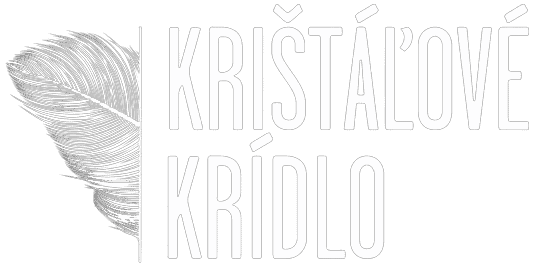Last month, I used my bank to make a payment. What was I thinking? It was a particularly stressful week, so I let my guard down. For a moment, I forgot that traditional banks are not the right app for financial transactions behind the EU wall. It cost me 21.95 EUR to pay 160 USD from my supplier. It took 5 days until the U.S. counterparty received it.
Sure, the New World is on the other side of the Atlantic Ocean, but I wonder why a simple transaction, sent to my parents 100 kilometers away, still takes a day or two to deliver.
I pay my bank 7 EUR per month. It’s the minimum fee for the privilege to have an account there and lend them my money. That is 84 EUR per year for the right to log into their website, consume their content and send my financial transactions through their channels. When I need to work with cash, additional fees apply.
I had to let the U.S. supplier know they don’t need to worry – they just have to wait for the money to arrive. I did that with a text message on a private, for-profit, unregulated network. Instantly. Didn’t pay anything for that. The number of messages I can send on these platforms is unlimited. They are free to use, I pay only with my attention voluntarily distributed to their various ads.
But it’s not money, you say.
Money makes communication more complicated and costly. I grant that. But the same month I paid my bill, somebody else used the bitcoin blockchain to send a value of 933 million USD in one message. It cost 3.8 USD in total and took minutes to arrive.
It’s easy for me, a traditional bank client, to see where Mark Zuckerberg got the idea for Libra. Facebook has billions of users all over the world that exchange messages every moment. Why not let them exchange financial transactions as well? Or he just wanted to emulate what Alipay and WeChat were already doing using legal tender – yuan. The idea to use social networks to improve financial communication is straightforward. And nerdy, naïve – “Will never happen” – I thought to myself at the time.
The frozen evolution of money is not a coincidence. A wall of regulation protects the bank’s niche from the pressure of emergent financial species. Implicit or explicit bailouts keep alive the big, well-connected and ineffective at the expense of the small and innovative ones. More freedom in financial communication for users and providers, means less freedom for politicians and the state. The state hates competition in control of financial communication and especially in production of money. Control of money is The Lord Of The Rings for the state. One that rules them all. So never underestimate its willingness to protect it.
Two years later and there is still no Libra. Heavy weights like Visa, MasterCard, PayPal, Stripe and eBay silently left the founding group after loud threats from U.S. senators. The remaining founders tried to hide the Libra idea under less suspicion and monetary freedom evoking the name – Diem . “We must do everything possible to make sure the currency monopoly remains in the hands of states. A wolf in sheep’s clothing is still a wolf,” German Finance Minister Olaf Scholz told the press at the last G7 meeting not fooled by the rebranded Libra.
My next U.S. bill took one day and cost me cents. I didn’t use a traditional bank for that one. “Don’t ask for permission before, ask for forgiveness later,” preach innovator gurus. You bet Satoshi didn’t ask. His communication network is permission-less and anonymous – people don’t need forgiveness either. Even though Libra won’t happen and the holy grail of fiat – the unit of account function – will stay in the state’s hands for the foreseeable future, the genie is already out of the bottle. Internet, lower transaction costs and especially the emergence of digitally native assets with nonzero value unfroze the monetary evolution. They are dramatically changing how we communicate with money. Now, money is just a digital message – literally. I can send all my wealth in 24 words to a person on the other side of the world in minutes. And that is really hard to stop. Now the innovators have to merge with the legacy system, so we can get the best from both worlds.







